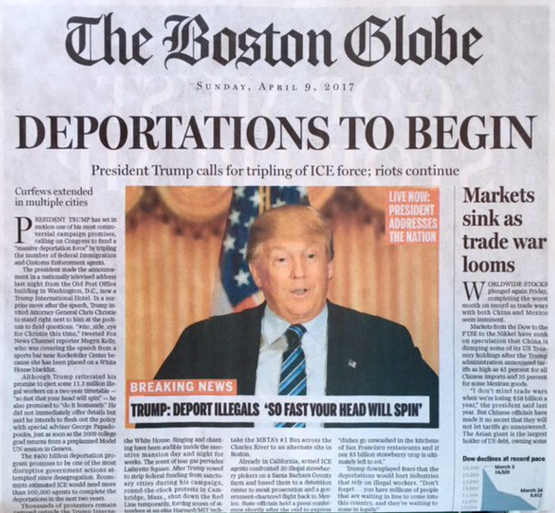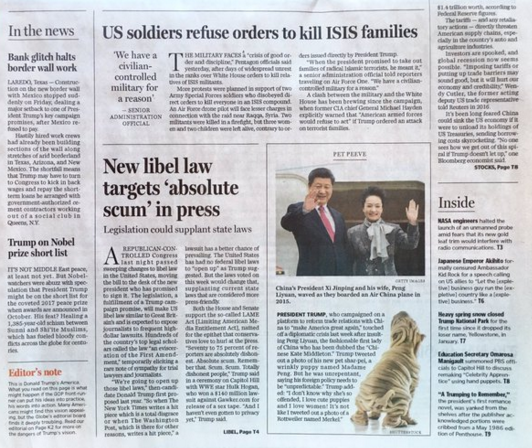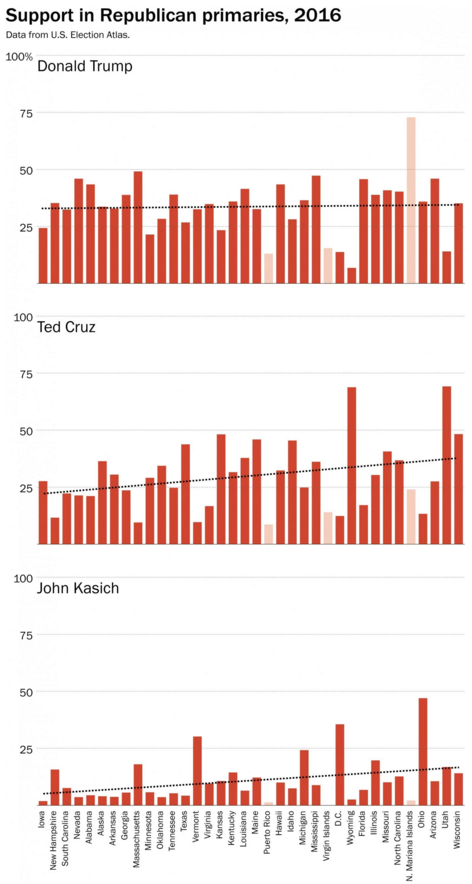The world needs more currency wars
“Currency wars” are one of those topics about which almost everything you read is wrong.
1. The media often confuses changes in nominal exchanges rates (determined by monetary policy) with changes in real exchange rates (determined by national saving/investment policies).
2. The media often draws meaningless distinctions between policies explicitly aimed at reducing exchange rates, with other policies (such as QE and negative IOR) that have the effect of reducing exchange rates. For instance, the US dollar price of euros rose from $1.31 to 1.37 on the day QE1 was announced in March 2009. Is that currency manipulation?
3. The media tends to assume a zero sum game, but currency depreciation by one country will often boost stock markets all over the world, by boosting global AD.
4. The media has a “pro-international agreement” bias. International agreements made by highly educated public servants seem like responsible policymaking. If the media knows little about the issue, they’ll defer to the experts. And “war” sounds like a bad thing. But recall that these are the same experts who pressured the Japanese NOT to devalue in the 1990s, as they were sliding into deflation. How’d that advice work out?
In my view, things get even worse if central banks are perceived to have run out of ammo. (Put aside the question of whether they have actually run out of ammo, which seems impossible.) Suppose the Fed has room to raise and lower interest rates, but the BOJ and ECB have no room. Of course, they can still devalue if they wish. Now assume an international agreement to avoid “currency wars”. So they can’t devalue either. In that case, you’ve resurrected Bretton Woods, at the worst possible time. The US becomes central banker to the world. (David Beckworth has shown that the Fed is already a “monetary superpower”, and a currency agreement under these circumstances would make them even more of a superpower—controlling the fate of not just China, but also Japan and the eurozone.
I hope you can see the obvious problem here. The Fed insists that its mandate is to control American inflation, not Japanese and eurozone inflation. But if we have an agreement to ban currency wars, then the Fed has a moral obligation to stabilize the average inflation rate in the US, Japan, and Europe. I think it goes without saying that current policy is too tight, under that mandate.
And this blog post suggests that there already may be an implicit currency stabilization agreement:
More so, what if central banks think they’re at the limits of monetary policy anyway? If you combine that thought with pressure from the G20 you get to de facto agreement anyway, right? Or at least the behaviour of central banks can be explained, and predicted to an extent, by assuming the existence of a de facto agreement.
Here’s Citi’s Steven Englander saying just that:
It is probably better to think of G20 as similar to Friedman and Savages’s billiards player (link, page 12,13), G20 may not have made a deal but they are behaving as if they did, so we may as well analyze the consequences from that perspective. One question to ask is why they would agree to setting aside currency as a macroeconomic weapon the likely answer is that the winners of the currency war battles may have decided that they were not benefitting enough to offset the negative impact of the ancillary asset market volatility that emerged. Basically they were acknowledging policy ineffectiveness or at least monetary policy ineffectiveness, and the Statement pretty much admitted that.
So we now find ourselves in a situation where G3 has trouble cutting rates. The ECB and BoJ are reluctant because of the strains it is putting on their financial institutions and political unpopularity. The Fed is reluctant for similar reasons and because it seems unlikely that one cut would do great things for the US economy and it would certainly raise a suspicion that negative rates were beckoning. An already unpopular institution would become politically toxic. Bottom line, easing is hard to do. An ECB or BoJ hike is unlikely, needless to say. The Fed has already indicated its reluctance to hike and is very unlikely to hike to defend the currency if anything they seem to be cheering any weakness the USD encounters.
Put this all together and you have an extremely high bar for any G3 central bank cutting rates and an extremely high bar to them raising (and an even higher bar to any of them raising rates in response to currency weakness).
The point being that the FX market is now discounting the chances of aggressive central bank reaction in opposition to short term directional moves. Like, you know, they would if a deal had actually been agreed.
The new reality is one in which FX is being dictated by market forces rather than central banks. Or more so, we suppose, one in which some market participants can push exchange rates around without coming up against a central bank pushing back.
Of course, this could all go out the window when Japan pulls the trigger at its next monetary policy meeting on April 27th. Or they could opt for intervention (since mon pol might be exhausted, goes the theory while another theory says any intervention would have to be short and sharp considering the G20 once again) and surprise our inboxes. Inboxes that have already been surprised by this move in JPY, of course.
I would add that it is not “market forces” pushing the yen much higher; it’s a dramatically tighter monetary policy out of Japan. You might wonder, “How did that happen?” Expectations fairies—people have stopped believing that Kuroda will ease as needed to hit the BOJ’s inflation target. Even though the BOJ did nothing “concrete” in the past few weeks, the future expected path of BOJ policy has become much tighter.
Pay attention to the April 27 BOJ meeting, and then a few days later to the Q1 GDP for the US, which might be negative.




